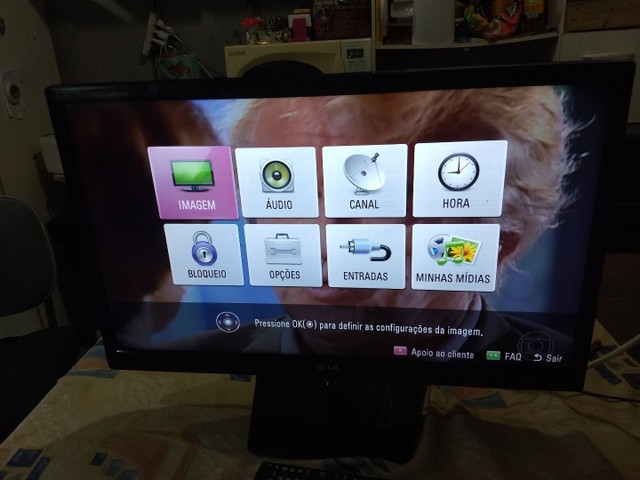

You can't blame the technology for how people use it. Some use it to avoid contact with people, while others use it to increase their contact with people. What the research really shows is that technology is a tool, and people use it for a variety of purposes. Critically Americans are not discernibly more isolated-few were isolated at any point in those decades-and Americans remain just as confident of the support family and friends provide.

Americans communicate more frequently with their relatives and friends. In particular, Americans these days sit down to fewer family dinners and host guests in their homes less often eating and sociability continues, but outside the home.

The results, which I compiled in Still Connected (2011), show that some aspects of social involvement have changed since the 1970s. It is true that the nature of social relationships has changed, but the difference is just different, not "bad." Fischer has compiled a bunch of data looking at their social connections from 1970 to 2010, and finds that "Overall, Americans reported no more loneliness in the 2000s than they did in the 1970s." It's one of those things that lots of people want to believe, so books that support that worldview are apparently quite popular. It seems that claiming that we're all getting more lonely is a lucrative niche sector for the publishing industry. First, the article notes just how many articles and books have been claiming the opposite. Boing Boing points us to a good piece by Claude Fischer in the Boston Review noting that the idea that we're living in an age of increasing loneliness is complete hogwash and not supported by the data at all. Perhaps that's because the actual evidence suggests it's a load of crap. These kinds of arguments show up every so often, and they always seem supported by anecdotal evidence. Soon after that, the Atlantic published an equally vapid feature arguing that Facebook leads to loneliness. Just recently, we were talking about the bizarre claims by Sherry Turkle that social networking makes us more lonely because we spend less time alone (don't try to make sense of it).


 0 kommentar(er)
0 kommentar(er)
